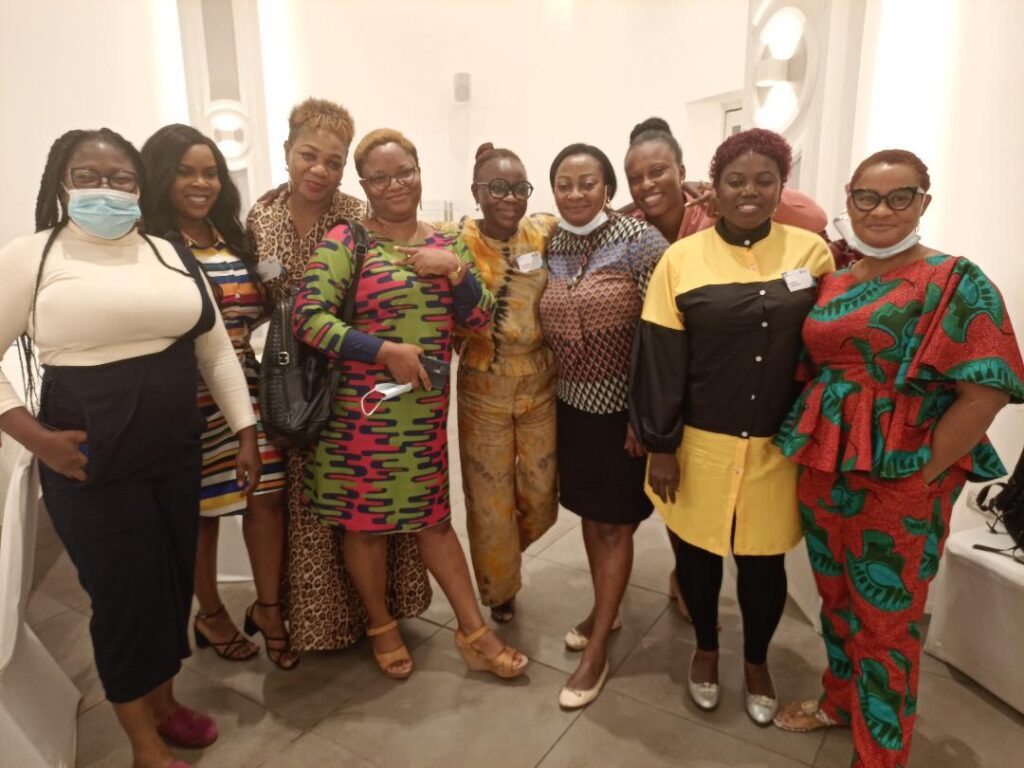Journalists have been urged to properly frame and define conflicts situations they report to avoid any possible misrepresentation.
The call was made by facilitators at a two-day capacity building workshop on conflict reporting, organized by the Premium Times Center for Investigative Journalism (PTCIJ) in collaboration with Konrad Adenauer Stiftung (KAS) in Abuja.
They noted that the majority of the names being given to actors in conflict reporting do not portray who they are.
At the opening ceremony, the Chairman, Committee on Army in the House of Representatives, Honorable Abdulrazak Namdas stated that some of the cliches given to people who are committing crimes in the country need to be properly framed and defined by the media.
According to him, it was the responsibility of the media to give the right name to the people or situation they are reporting and some of the names being given do not define what the people are doing.
“Let us be able to define who a bandit is, who a terrorist is, who a cattle rustler or kidnapper is. Some of these people called bandits in the media are not bandits, they are terrorists because the kind of weapons they use in dealing with people shows that these people are no longer bandits.
“On proper naming, the people should be able to identify people or groups for who and what they are and it is the responsibility of the media to do educate the people about that.”
The Resident Representative of Konrad-Adenauer-Stiftung (KAS), Dr Vladimir Kreck said that it is important for journalists to be trained in reporting conflict for them to explain conflicts more precisely and accurately.
He expressed optimism that the workshop will increase the knowledge of the Journalists in conflict reporting and techniques involved in reporting conflict.
The Publisher, Premium Times, Dapo Olorunyomi said that the capacity building workshop is aimed to build the skills of journalists to meet the changing climes in the country.
He said that if there are anything reporters and the media need to do now, it is to do better in managing and reporting conflict.
Olorunyomi stated that he hoped the training would be of benefit to the newsrooms.
The former Director, Army Public Relations, Rtd Brigadier General Sani Kukasheka Usman who spoke on reporting conflicts from the perspective of the military: challenges and lessons noted that during conflicts, the media are often the only source of information which makes them lead in opinion and decision making.
Speaking from his residual knowledge and experience while serving in the Nigerian Army, Kukasheka noted that many conflicts have acquired global attention through exposure in the media while others have failed to receive significant attention due to lack of media attention stating that journalists need to have a fair understanding of the conflicts they are important because some of the conflicts I’m Nigeria ate complex and deep-rooted into the Nigerian State’s fabric.
He urged the media to examine both the remote and immediate cause of conflicts from all points of view stressing the need for journalists to know the implications of their reports on individuals and societal safety, security, and privacy.
The Participants were taken on various topics on conflict reporting which include Journalism in conflict roots, causes and triggers, journalism in conflict, and post-conflict conditions.
Other topics treated include the role of state institutions and media in politics, ethics in conflict reporting, Humanitarian and conflict laws and treaties, personal security of journalists, digital security for journalists, and data in conflict reporting.
There was a panel discussion where some of the participants shared their experiences in conflict reporting.


